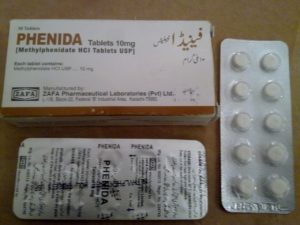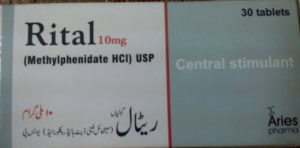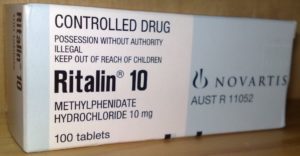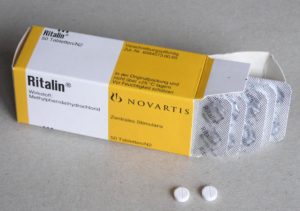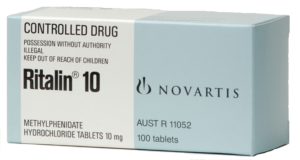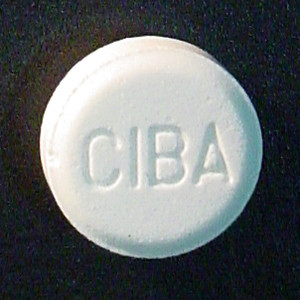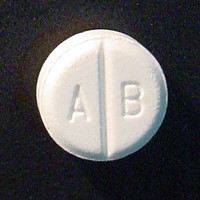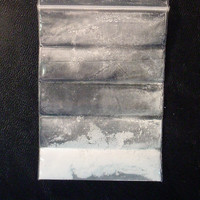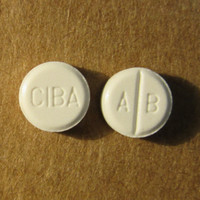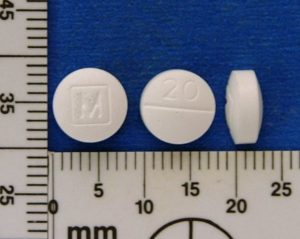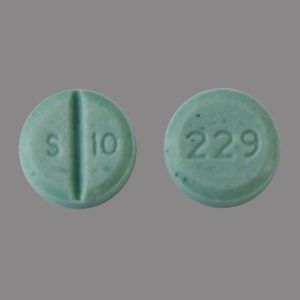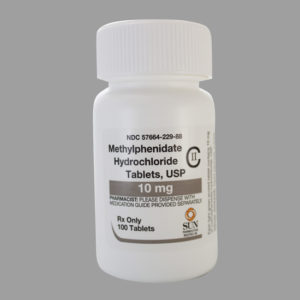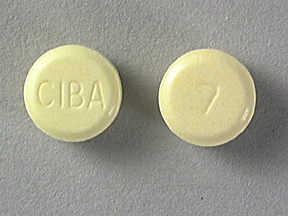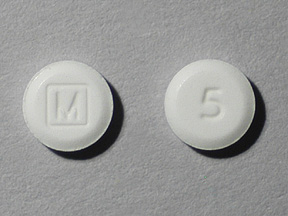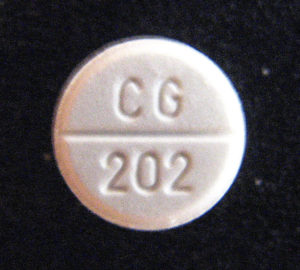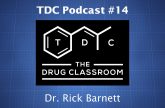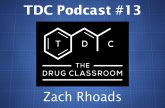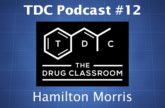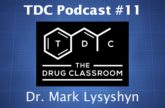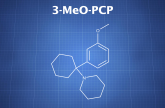Methylphenidate is a stimulant that’s widely used in the treatment of ADHD. It is also used for narcolepsy and has been looked at for many other conditions.
Outside of medical settings, it can provide recreational and work-enhancing effects. As such, prescriptions are often diverted.
The effects provided by methylphenidate (e.g. stimulation and euphoria) are generally less significant than what’s seen with an amphetamine like adderall.
Methylphenidate = Ritalin; Concerta; Methylin; methyl 2-phenyl-2-(piperidin-2-yl)acetate
Dose
Oral
Light: 20 – 40 mg
Common: 40 – 60 mg
Strong: 60 – 80 mg
Intranasal
Light: 5 – 15 mg
Common: 15 – 40 mg
Strong: 40 – 60 mg
Timeline
Oral
Total: 4 – 6 hours
Onset: 00:30 – 01:00
Intranasal
Total: 2 – 5 hours
Onset: 00:05 – 00:15
Experience Reports
Test Results
References
(2016) Methylphenidate for Attention-Deficit/Hyperactivity Disorder in Children and Adolescents.
(2016) Methylphenidate does not enhance visual working memory but benefits motivation in macaque monkeys.
(2014) Fatal oral methylphenidate intoxication with postmortem concentrations.
(2014) Tactile hallucinations with fluoxetine and methylphenidate.
(2011) Illicit methylphenidate use among Iranian medical students: prevalence and knowledge
(2010) Electrocardiographic effects of methylphenidate overdose.
(2010) A case of suicide attempt with long-acting methylphenidate (Concerta).
(2008) Misuse and diversion of stimulants prescribed for ADHD: a systematic review of the literature.
(2005) Characteristics of methylphenidate misuse in a university student sample.
(2003) Poison centers’ experience with methylphenidate abuse in pre-teens and adolescents.
(2002) Illicit intravenous use of methylphenidate (ritalin) tablets: A review of four cases
(2002) Abuse and toxicity of methylphenidate.
(2001) Near-fatal methylphenidate misuse.
(2001) Assessing the abuse potential of methylphenidate in nonhuman and human subjects: a review.
(2000) Methylphenidate: its pharmacology and uses.
(2000) Methylphenidate Abuse and Psychiatric Side Effects
(2000) Methylphenidate Misuse in Substance Abusing Adolescents
(2000) A profile of methylphenidate exposures.
(1999) Association of the dopamine transporter gene (DAT1) with poor methylphenidate response.
(1996) Increased methylphenidate usage for attention deficit disorder in the 1990s.
(1995) Bupropion versus methylphenidate in the treatment of attention-deficit hyperactivity disorder.
(1991) Intranasal abuse of prescribed methylphenidate by an alcohol and drug abusing adolescent with ADHD.
(1991) Methylphenidate and dextroamphetamine treatments of hyperactivity: are there true nonresponders?
(1986) Fatality resulting from methylphenidate overdose.
(1972) Fatal pulmonary hypertension from intravenous injection of methylphenidate (Ritalin) tablets.










